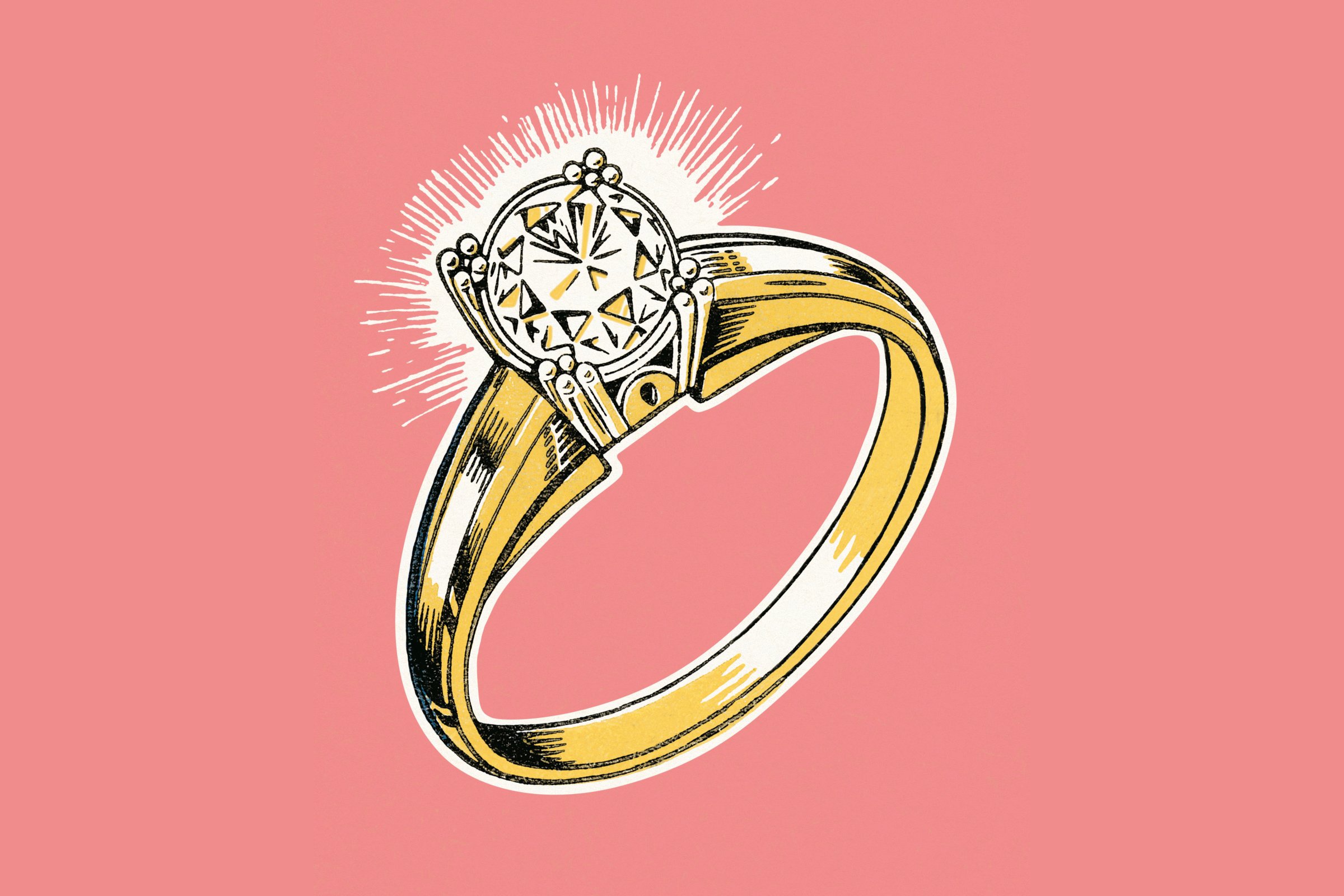
If you’ve ever been single, you’ve no doubt heard that perhaps your standards are just too high. But even in marriage, it’s possible to expect too much from a partner—and that can result in real unhappiness, according to a new study published in the Personality and Social Psychology Bulletin.
“There are limits to what we can get out of life and marriage,” says James McNulty, psychology professor at Florida State University, in an e-mail. His study found that having high standards only makes people more satisfied if they’re in strong marriages—and having lower standards is better for marriages that aren’t as secure. “We never want to settle for less than we are capable of achieving, but sometimes we are forced to do just that, and we are better off to the extent that we do,” he says.
Past research in this area has been mixed. Expecting more from a partnership inspires people to work at it, some studies find, but other research suggests that since lower standards are easier to meet, people might be more satisfied by them.
MORE: The 4 Most Common Relationship Problems—And How To Fix Them
To find out, McNulty gathered data from 135 newlywed couples in Tennessee. Each person in the study privately filled out surveys that assessed how high their standards were, along with how satisfied they were in their marriage and their degree of marital problems. The researchers also videotaped discussions between partners to measure their levels of indirect hostility: present when someone in the couple doesn’t outright address their concerns or indirectly blames their partner.
Twice a year for four years, the couples reported their marital satisfaction.
Across the board, newlyweds were pretty satisfied with their marriages and had high standards. But higher standards were a bad thing for spouses who didn’t work as well together or were more indirectly hostile. Conversely, when couples like these had lower standards, they tended to be happier in their marriages. “People who have weaker abilities, either because they have poor communication skills, external obstacles and financial pressures that stress the marriage, or personal vulnerabilities, do best if they demand less—otherwise they risk becoming disillusioned,” McNulty says.
MORE: 5 Shortcuts To Bonding Deeply With A Romantic Partner
It’s tricky to know which camp one’s marriage falls into. “There’s no ‘test,’ so to speak,” McNulty says. “This is what makes things challenging: somehow we have to know what we are capable of achieving before we achieve it.” But marriages take work—and partners who don’t have the time or will to work at theirs might be better off expecting less from their unions.
However, the results should be encouraging for couples faced with problems they feel they can solve. For them, holding their marriage to the highest standard might motivate them to reach it. “If you can improve something about your relationships, do so,” McNulty says.
And if you know that you can’t? “Accept that,” he says.
More Must-Reads from TIME
- Where Trump 2.0 Will Differ From 1.0
- How Elon Musk Became a Kingmaker
- The Power—And Limits—of Peer Support
- The 100 Must-Read Books of 2024
- Column: If Optimism Feels Ridiculous Now, Try Hope
- The Future of Climate Action Is Trade Policy
- FX’s Say Nothing Is the Must-Watch Political Thriller of 2024
- Merle Bombardieri Is Helping People Make the Baby Decision
Write to Mandy Oaklander at mandy.oaklander@time.com